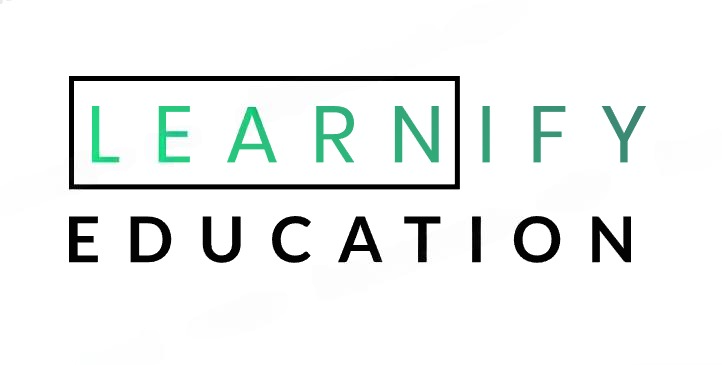Advanced Business Knowledge
The MBA curriculum covers a broad range of business disciplines, including finance, marketing, human resources, operations, and strategic management. This helps students acquire a comprehensive understanding of business practices and management strategies.





















